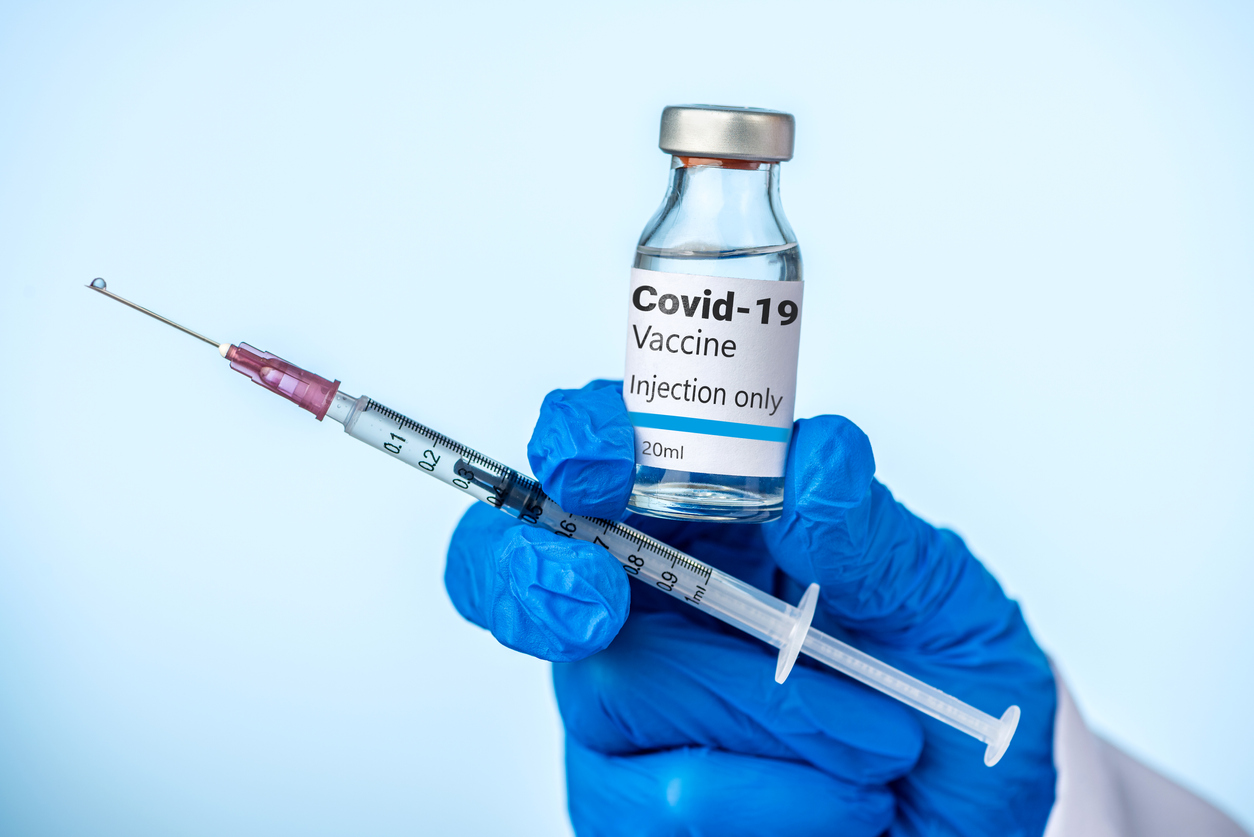Since the early part of 2020, researchers have been scrambling to find effective solutions in combatting the potentially deadly disease known as COVID-19. With public health official support, government funding, and careful scientific inquiry, COVID-19 vaccines were developed and approved for emergency use in record time. As these vaccines become publicly available, there are many questions surrounding them. As a risk management strategy that supplements nursing home insurance, long-term care facility managers must be aware of the most common questions about COVID-19 vaccines. Gaining understanding of these concerns can help to reduce any potential risks associated with vaccination programs.
Considerations for Nursing Homes
Risk management is a critical component of long-term healthcare facility operations. In addition to nursing home insurance, facility stakeholders implement programs and protocols to protect their residents and staff members. Immunizations against dangerous diseases are done to halt the spread of infections in nursing homes.
Unfortunately, the long-term healthcare sector has been disproportionately affected by COVID-19. It is estimated that about 30% of all COVID-related deaths in the U.S. are directly linked to a nursing home or senior care center.
COVID-19 Development
Spurred by the widespread infections and deaths of the COVID-19 pandemic, researchers quickly began the development of COVID-19 vaccines against SARS-CoV-2, the virus responsible for the disease. Normally, vaccine development can take years to complete; in the case of COVID-19 vaccines, development was done in a fraction of the time.
Development was helped by exhaustive research on similar coronaviruses; improvements in vaccine production methods also contributed significantly to slashing manufacturing times. Most importantly, massive government and private funding gave researchers the resources they needed to delve into vaccine development, and regulations were relaxed to get vaccines into production more quickly. By December 2020, two vaccines were given Emergency Use Authorization (EUA) by the U.S. Food and Drug Administration (FDA). Still others are in the final stages of testing and approval.
Are the New Vaccines Safe?
Despite the breakneck pace in developing COVID-19 vaccines, researchers conducted large-scale clinical trials that met rigorous scientific and safety standards. Candidate vaccines were tested on thousands of study participants around the world; data collected from these trials were analyzed by regulators before the FDA granted EUAs for the Pfizer/BioNTech and Moderna vaccines. Additional testing and evaluation are ongoing. In clinical trials and as immunization programs spread around the world, candidate vaccines have proven themselves to be safe.
Will the Vaccines Make People Sick?
Before the medical community perfected the science of vaccine development, many vaccines contained live or attenuated viral material. As a result, a small percentage of people receiving those vaccines fell ill. The COVID-19 vaccine is different; it uses messenger RNA (mRNA) to produce antibodies against the virus. The Centers for Disease Control and Prevention (CDC) are very clear: recipients of the vaccine cannot contract the disease from the vaccine itself.
How are COVID-19 Vaccines Delivered?
Both approved vaccines are delivered via injection, typically in the muscle of the upper arm. Each approved vaccine requires two doses; the second dose of the Pfizer-BioNTech vaccine is administered 21 days after the first, while the Moderna vaccine’s second dose occurs 28 days after the first.
Are There Side Effects from the COVID-19 Vaccine?
In clinical trials and in early vaccine distribution initiatives, most recipients reported few, if any, side effects. Common side effects include pain or discomfort at the injection site, low-grade fevers, fatigue, and headaches. Although rare, more serious side effects have been reported, including anaphylactic (allergic) reactions. Even the more serious side effects dissipate within a few days.
Who Can Get the Vaccine?
The CDC and state health officials have had to prioritize delivery of vaccines. The first group includes the elderly, residents of long-term care facilities, those with health conditions that make COVID-19 especially dangerous, and first responders such as healthcare workers, police, and firefighters. In the second wave of vaccine prioritization, educators, essential workers, and healthcare support staff are being vaccinated.
Immunizations are an important part of protecting the residents and staff of long-term care facilities. By implementing risk management programs, including adequate nursing home insurance coverage, facility managers can help to protect the health and safety of those who depend on nursing homes for care.
As supply of the new vaccines increase, more people will become eligible to receive it. It is estimated that individuals not in the above prioritization categories may have to wait until the summer of 2021 before they can receive the vaccine.
About Caitlin Morgan
Caitlin Morgan specializes in insuring assisted living facilities and nursing homes and can assist you in providing insurance and risk management services for this niche market. Give us a call to learn more about our programs at (877) 226-1027.


